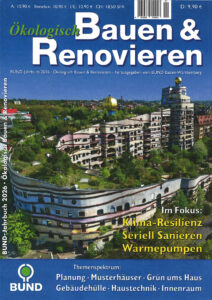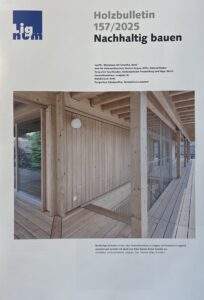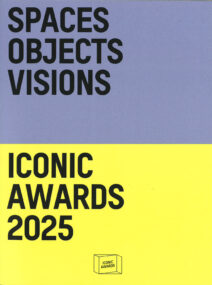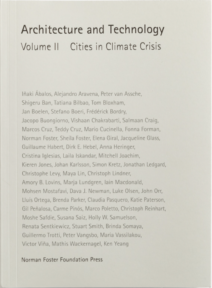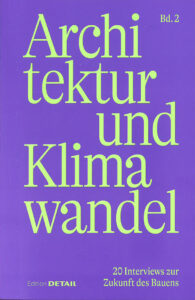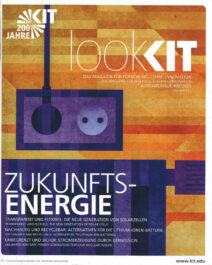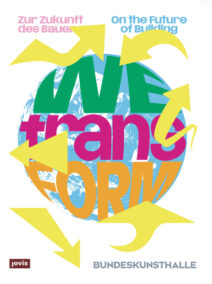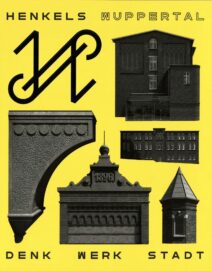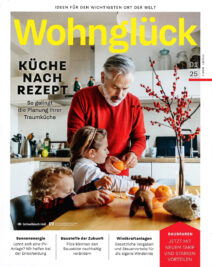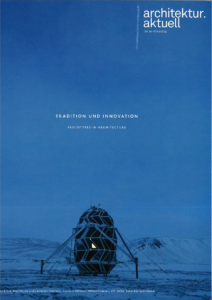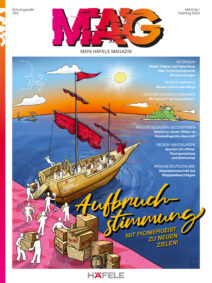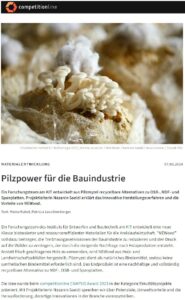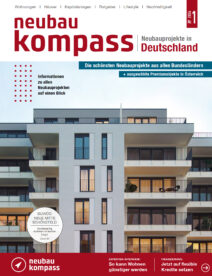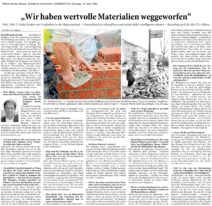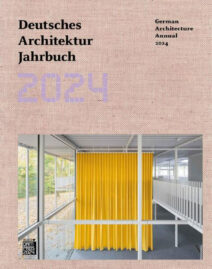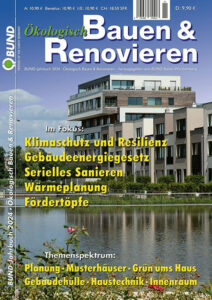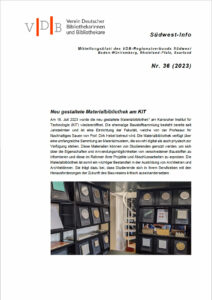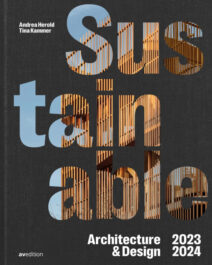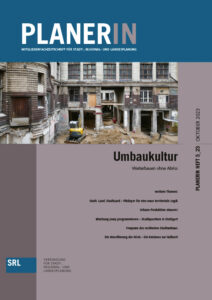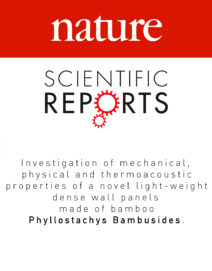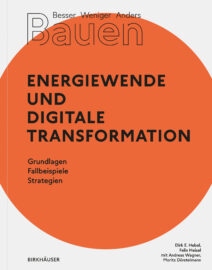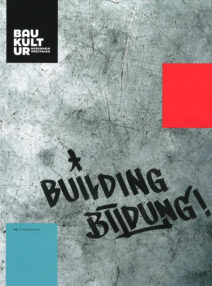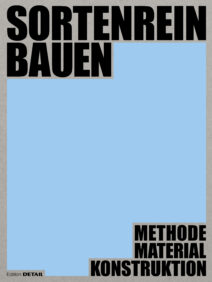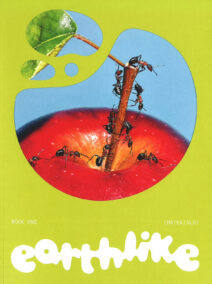Building Better – Less – Different: Circular Construction and Circular Economy
Published in October 2022, edited by Dirk E. Hebel, Felix Heisel with Ken Webster


Sustainability is to become the guiding principle of social action and economic activity. At the same time, its ways and means are far from clear. As a holistic praxis, sustainability must combine technical and material as well as social, economic, ecological and also ethical strategies, which have multiple complex interactions and all too often also conflicting goals and priorities. In no other field can these be better observed, addressed and influenced than in architecture and building.
Each volume of “Building Better – Less – Different” details two fundamental areas of sustainability and explores their specific dynamics and interactions. After introductory overviews, innovative methods and current developments are described and analysed in in-depth essays, international case studies and pointed commentaries. The sustainability criteria of efficiency (“better’”), sufficiency (“less”‘) and consistency (‘different”) form the framework for each book.
The first volume “CIRCULAR BUILDING AND CIRCULAR ECONOMY” presents concepts, methods and examples of circularity in construction and the economy. Urban mining and circular construction are two approaches to the changes that architecture and urban design are facing, using techniques such as mono-material construction and design for disassembly, and tools such as material passports and databases. The circular economy is not solely about recycling but encompasses a wide range of strategies from local community projects to new ownership and service models and steering mechanisms such as carbon fees and dividends.
More information about the publication on www.degruyter.com.
